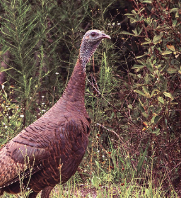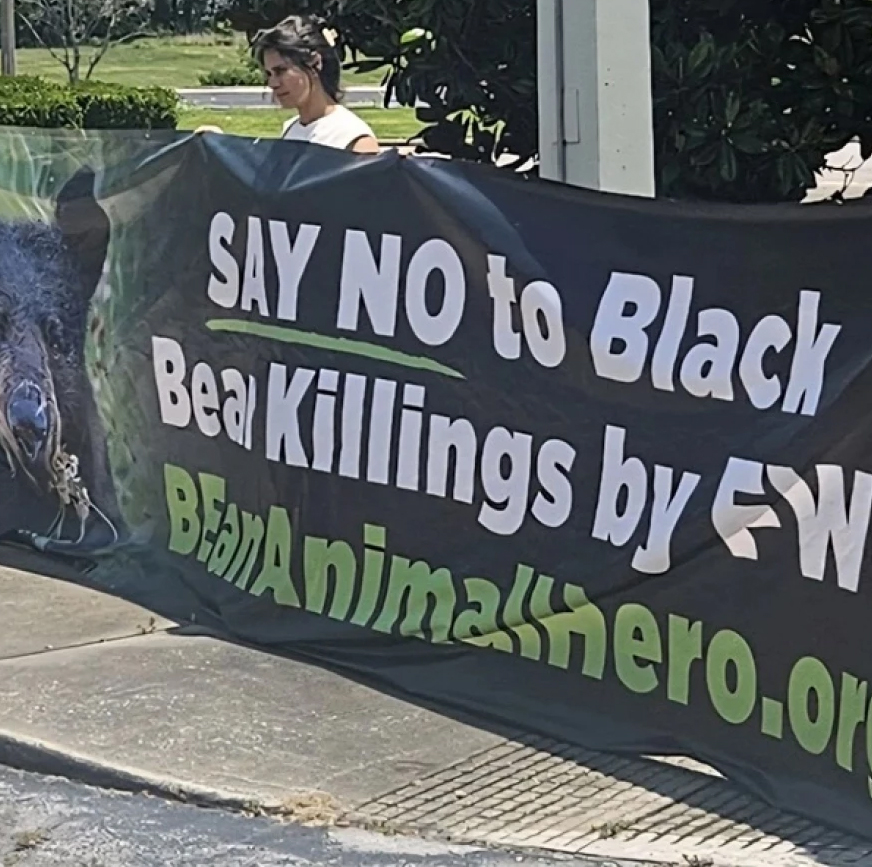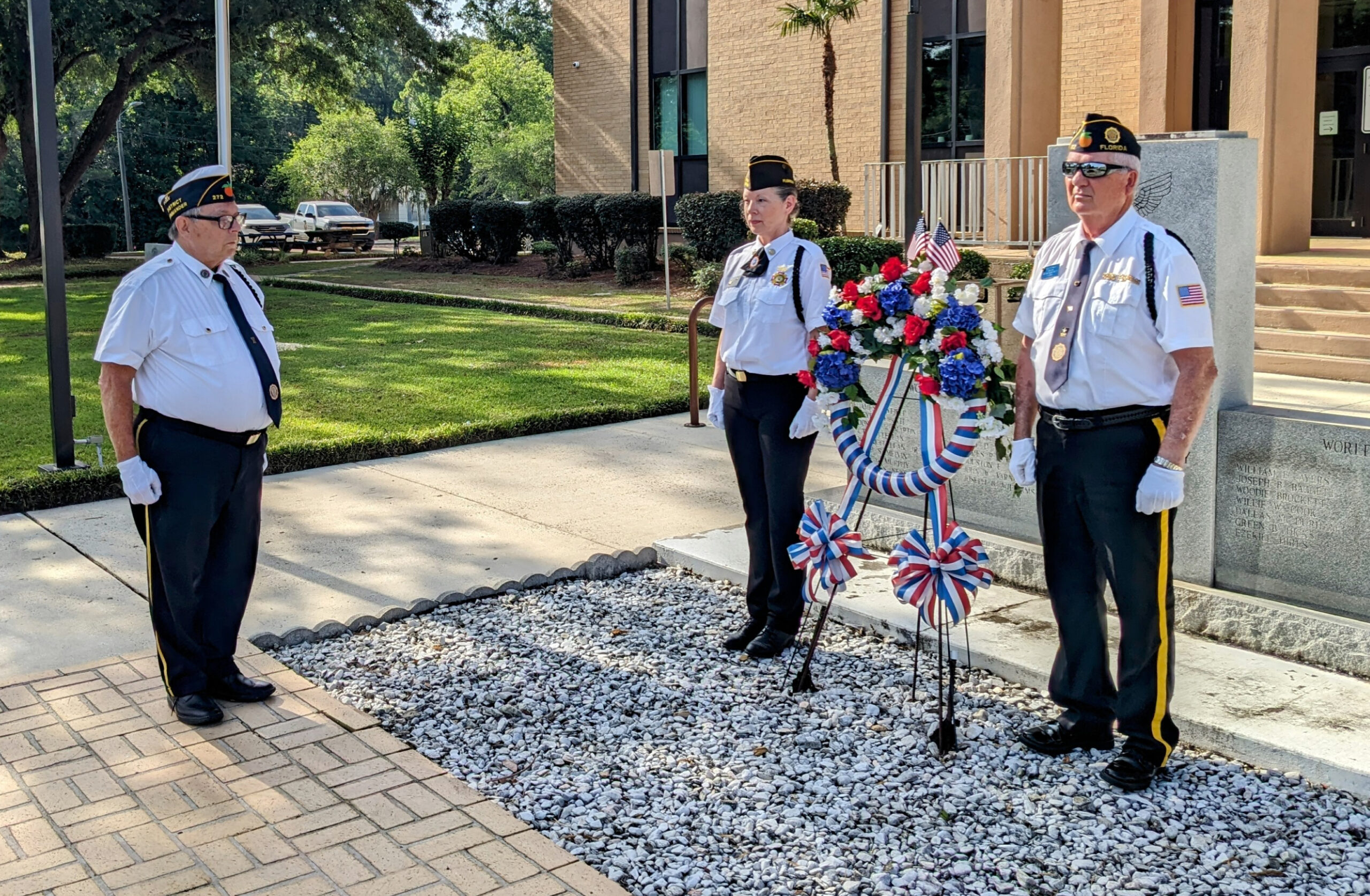Looking for a way to show your support of Florida panther conservation? Consider getting the newly designed Protect the Panther license plate whether you are renewing your Florida plates or licensing your car in the state for the first time.
Staff with the Florida Fish and Wildlife Conservation Commission (FWC) worked with photographer Carlton Ward and the Fish & Wildlife Foundation of Florida to design the new plate. The latest design features a stunning photograph taken by Carlton in 2018 depicting a well-known panther — the first female documented north of the Caloosahatchee River since 1973 and also the first female documented to have had kittens north of the river in over 40 years. The Caloosahatchee River has long appeared to be an obstacle to the natural expansion of the population, including the northward movement of female panthers.
The new license plate can be purchased at the Florida Department of Highway Safety and Motor Vehicles or by checking with your local tax collector office for availability. When renewing vehicles, Florida motorists can exchange their old plates for the new Protect the Panther plate by going in person to your local tax collector office or the FLHSMV. At this time, the new plates are not available through online renewals but can be purchased in person.
Fees from the Protect the Panther license plate go directly into the Florida Panther Research and Management Trust Fund, which is a critical source of funding for the state’s panther-related research, monitoring and conservation efforts. The long-term public support of this fund has had a direct positive impact on the FWC’s management and research efforts, resulting in timely, science-based information needed to guide current and future conservation actions for Florida panthers. The FWC and conservation partners have made significant progress with panther recovery and the FWC’s panther program relies upon sales of the license plate to continue these conservation efforts.
Florida panthers are native to the state, with the majority of panthers found south of Lake Okeechobee. Florida panthers are listed as an Endangered species under the federal Endangered Species Act. There are approximately 120-230 adult panthers in the population.
Purchasing a Protect the Panther license plate isn’t the only way you can help panthers. Drivers can also help by following all posted speed limits, particularly in panther zones, which are in place in several counties across south Florida to coincide with areas where panthers are known to cross. Panther speed zones help protect both Florida panthers and motorists from vehicle collisions and potential injury. You can also donate directly to the Fish & Wildlife Foundation of Florida’s Florida Panther Fund to support the rehabilitation and release of injured panthers and help FWC staff and partners locate and protect panthers, including their dens and kittens.
To learn more about Florida panthers and the FWC’s work to conserve the species, visit MyFWC.com/Panther.
Views: 159








